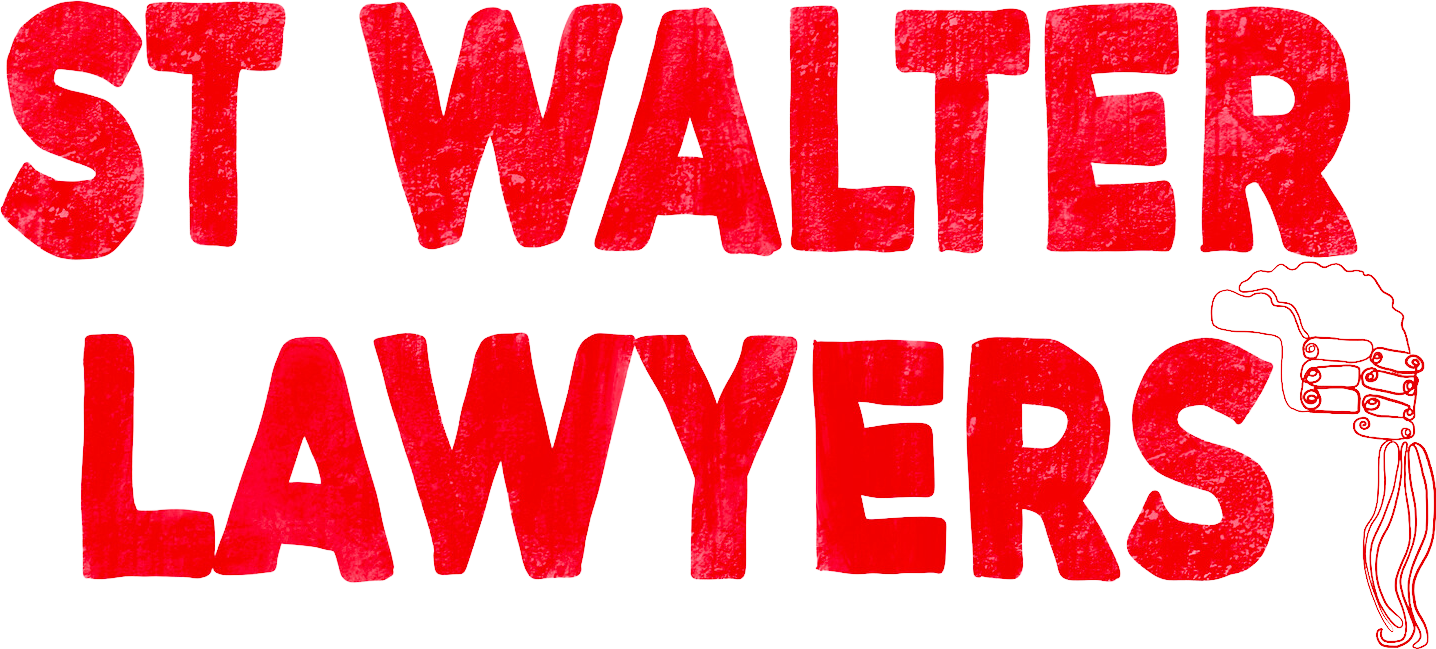Bail Applications



Bail Applications NSW
When individuals find themselves facing criminal charges in New South Wales, one of the most critical aspects of their legal journey is the bail application process. Securing bail is often the first step in regaining personal freedom while awaiting Trial, Hearing or Sentence, and it can significantly impact the outcome of a case. This page provides an overview of bail applications in NSW, covering the relevant legislation, court considerations, the process in the courts, and how a top criminal defence lawyer in Sydney can assist the accused in their legal matters.
The Legislation
In New South Wales, the legislation that governs bail applications is primarily outlined in the Bail Act 2013. This legislation defines the principles and procedures that guide the granting or refusal of bail for accused individuals. It seeks to strike a balance between protecting the community, ensuring the accused person’s attendance at court, and safeguarding their individual liberty.
The key provisions of the Bail Act 2013 include:
- Presumption of Innocence: The Act reflects the fundamental principle that an accused person is presumed innocent until proven guilty. It is up to the prosecution to demonstrate why an accused person should not be granted bail.
- Unacceptable Risk: The Act outlines a range of factors that the court must consider when assessing whether there is an “unacceptable risk” associated with granting bail. This includes the accused’s criminal history, the seriousness of the alleged offense, and the likelihood of the accused appearing in court.
- Show Cause Offenses: For certain serious offenses, the accused must “show cause” why their detention is not justified. This means that the accused has a more significant burden in demonstrating why they should be granted bail.
- Bail Conditions: If bail is granted, the court may impose specific conditions on the accused, such as reporting to the police regularly, adhering to a curfew, or refraining from contacting specific individuals.
Considerations of the Court
When a bail application is presented in a New South Wales court, the judge or magistrate presiding over the case must carefully consider several factors before making a decision.
These considerations include:
- The Nature and Seriousness of the Offense: The court will assess the type of offense, its seriousness, and the potential consequences for the community.
- Criminal History: The accused person’s prior criminal history will be evaluated, particularly whether they have a history of failing to appear in court or breaching bail conditions.
- Strength of the Case: The court may consider the strength of the prosecution’s case, including the evidence and witnesses involved.
- Community Safety: One of the primary concerns is the risk to the community. The court must evaluate whether releasing the accused on bail poses an unacceptable risk to the community.
- Likelihood of Attending Court: The court will assess whether the accused is likely to appear in court for their trial and any related hearings.
- Ties to the Community: The accused’s ties to the community, such as family, employment, and housing, may be considered.
The Bail Application Process in the Courts
The bail application process in New South Wales generally follows these steps:
- Initial Court Appearance
The accused person’s first court appearance is when they are typically asked whether they wish to apply for bail. At this stage, the court may consider granting interim bail, which is a temporary release until a formal bail hearing can be held.
- Formal Bail Hearing
If the accused decides to apply for bail, a formal bail hearing is scheduled. During the bail hearing, the accused’s legal representative, often a criminal defense lawyer, will present arguments in favor of bail, addressing the factors outlined in the Bail Act 2013. The prosecution will also present their arguments against bail.
- Court Decision
After hearing arguments from both sides, the court will make a decision. The court can choose to grant bail, refuse bail, or impose specific bail conditions. In cases where bail is refused, the accused person will remain in custody until their trial.
- Appeals
If bail is refused at the local court level, the accused person has the option to appeal to a higher court. The Supreme Court can review the decision of the local court and may grant bail in cases where the local court denied it.
How the Best Lawyer in Sydney Can Assist
Securing the services of a top criminal defence lawyer in Sydney can significantly impact the outcome of a bail application and the overall legal matter. Here’s how a skilled lawyer can assist the accused:
- Legal Expertise: A top criminal defence lawyer in Sydney possesses a deep understanding of the Bail Act 2013 and the legal precedents that can be used to support a bail application. They can craft a compelling legal argument in favour of bail.
- Case Assessment: A skilled lawyer can assess the unique circumstances of the accused’s case and develop a strategy that highlights factors in favor of bail, such as community ties and the absence of an unacceptable risk.
- Negotiation Skills: In some cases, a lawyer may be able to negotiate with the prosecution to reach an agreement on bail conditions that are acceptable to both parties.
- Appeals: If bail is initially refused, a top criminal defense lawyer has the experience and resources to prepare and present a strong case for bail at the appeal level, potentially securing the accused person’s release.
- Support and Guidance: A lawyer not only provides legal representation but also offers support and guidance to the accused throughout the entire legal process. This includes explaining the bail process, addressing questions and concerns, and providing emotional support.
In conclusion, bail applications in New South Wales are a critical aspect of the criminal justice system. Understanding the legislation, court considerations, and the process in the courts is vital for anyone facing criminal charges. However, the expertise and advocacy of one of the best criminal defence lawyer in Sydney can make a substantial difference in securing bail and achieving the best possible outcome in a criminal case. If you or someone you know is facing criminal charges, it is essential to seek the assistance of a qualified legal professional who can provide the guidance and representation needed to navigate the bail application process effectively.
Request a Callback





